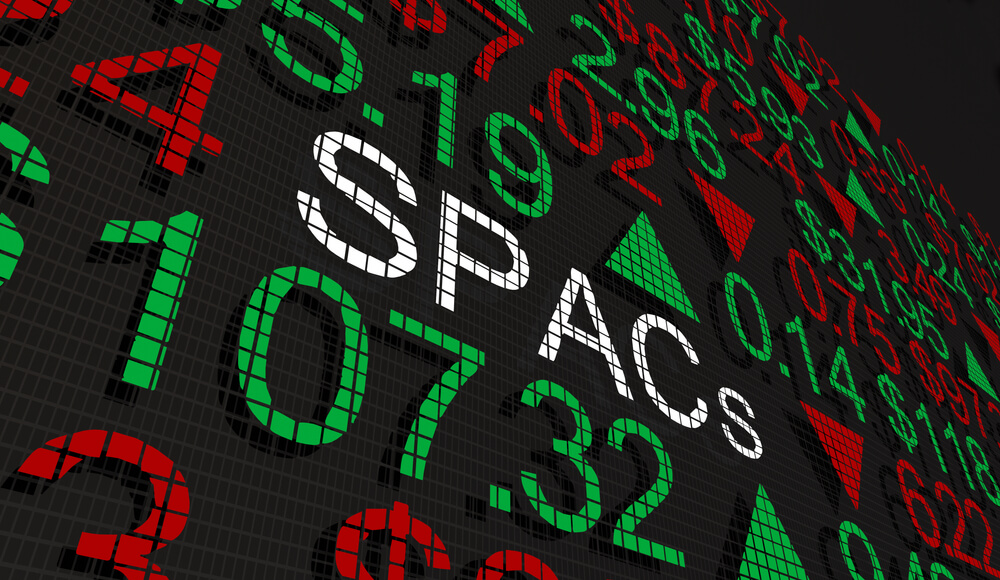ImpactAlpha, January 13 – Spanish green hydrogen developer H2B2 Electrolysis Technologies this week announced plans to go public via acquisition. The news follows electric vehicle battery tech developer Noco-Noco’s plans to be acquired and taken public by a special purpose acquisition company, or SPAC.
At least 17 other climate tech companies announced SPAC listings in December.
The fundraising trick, which involves listing a specially designed entity on a stock exchange in order for the purpose of buying a private company, was immensely popular during the boom market of late 2020-early 2021. SPACs have since faltered.
One reason for the renewed activity, observes Climate Tech VC, is the Inflation Reduction Act, which is spurring demand for climate technologies. Another driver: the two-year deadline for SPACs that listed during the earlier craze to complete their deals. Unconsummated SPACs may be subject to the 1% buyback tax included in the Inflation Reduction Act.
Up, down, up?
For “tough tech” companies, like many climate tech ventures, SPACs provide a way to raise money through the public markets without the cost and red tape of a traditional IPO. Listed SPACs, also known as “blank check companies,” have to close deals (known as a “de-SPAC“) or return capital to investors (as a number are choosing to do). Deadlines are looming for more than 600 SPACs announced in 2021, including scores focused on climate tech.
Beware: Climate tech companies that hit public markets last year via SPACs are down roughly 70%, reports Climate Tech VC. Then again, these are companies with long-term product development timelines – and impact potential.











